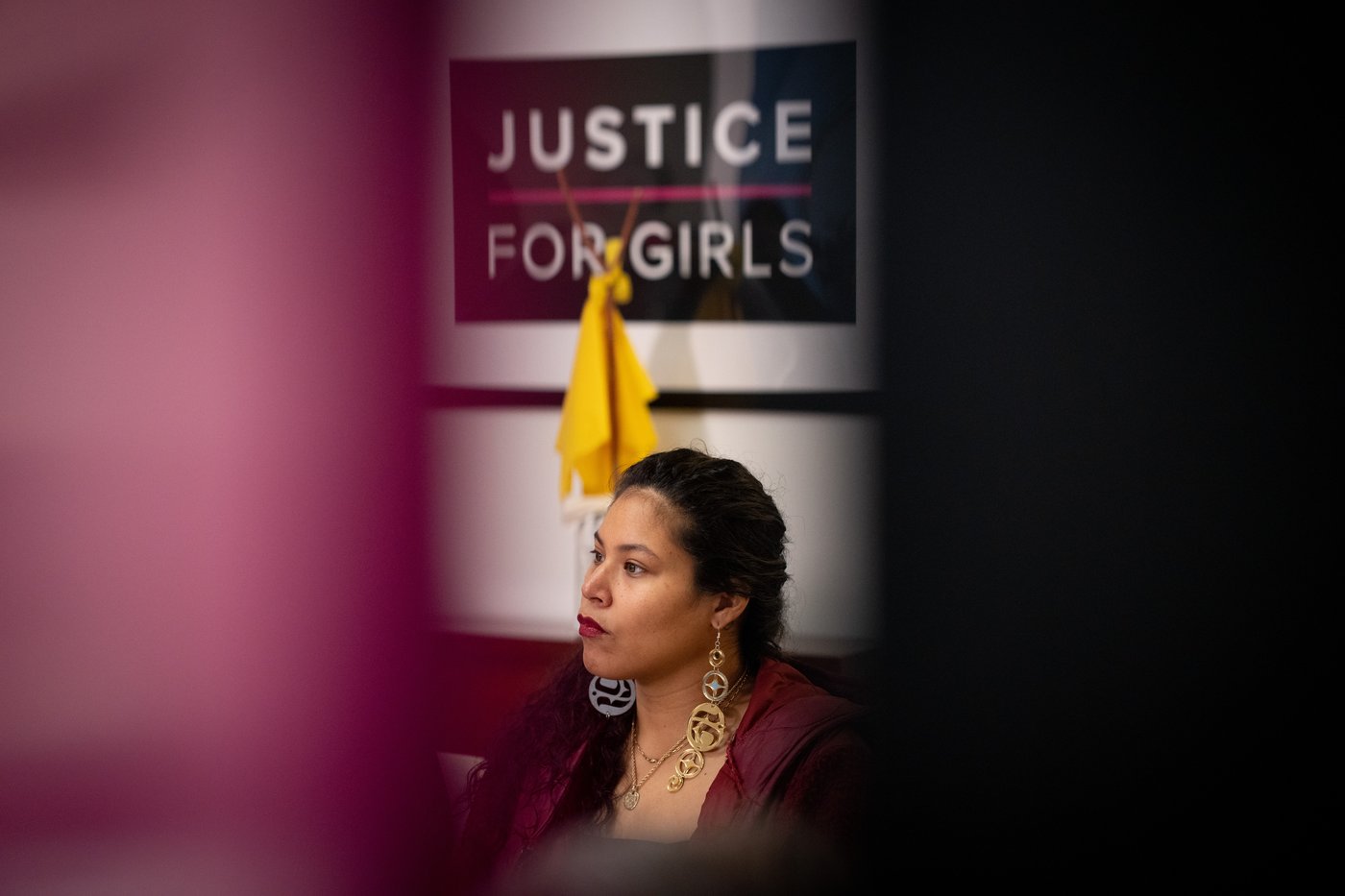Elevate your local knowledge
Sign up for the iNFOnews newsletter today!
Sign up for the iNFOnews newsletter today!
Selecting your primary region ensures you get the stories that matter to you first.

VANCOUVER — The B.C. Supreme Court has rejected a bid by a plaintiff in a civil lawsuit against serial killer Robert Pickton and his brother to stop police from sending evidence found at the killer’s pig farm to the BC Coroners Service.
The court ruling handed down Friday says Sarah Jean de Vries is a plaintiff in one of nine lawsuits filed by the families of victims against David Pickton and Robert Pickton, who was killed in prison last year.
The ruling says de Vries’ lawyer found out “by accident” that the BC Coroners Service had issued a seizure order to the RCMP for human remains evidence found at the pig farm property in order to test and possibly identify them.
The judgment says de Vries applied to the court for interim orders to stop police and the coroner from destroying exhibits from the farm, claiming the human remains were needed for use in the civil lawsuit.
Pickton was convicted of killing six women but the remains of many more women were found on the farm, including those of Sarah de Vries, the mother of the plaintiff.
Justice Alan Ross rejected the bid to have the human remains evidence preserved for use as evidence in a civil trial, saying it was a “morally offensive” concept and against legislation governing the disposal of bodies.
“I find that there is no possible scenario wherein the human remains themselves will be necessary for the plaintiff to advance her claim,” Ross says in the ruling. “Further, and looking at the matter from a different perspective, the statutory scheme is designed to treat human remains with the dignity they deserve.”
The ruling says police still have “dozens” of unidentified evidence samples, and the coroner ordered police to hand them over now that the criminal investigation is closed.
The plaintiff’s lawyer had claimed police and the coroner were “sidestepping” an earlier court order and suggested “collusion” between them to destroy evidence.
Another B.C. Supreme Court judge dismissed applications last year by relatives of Pickton’s victims to intervene in court proceedings over the RCMP’s plans to destroy evidence from the same murder investigation.
Justice Frits Verhoeven found the families should be notified of any RCMP applications to dispose of evidence, but his ruling did not cover seizure orders from the coroner.
Lawyer Jason Gratl said in an interview Monday that the application was brought to stop evidence from potentially being destroyed, not to stop the coroner from testing the evidence.
“I see nothing immoral about trying to stop the RCMP from destroying physical evidence, DNA samples, secured during a serial murder investigation where the technology for DNA testing and analysis is constantly advancing and when viable suspects remain at large,” he said.
Gratl said one of the nine lawsuits is set for trial in January 2026, but the death of Pickton and how his estate will be a party to the actions remains undetermined, with other procedural issues impeding the progress of the lawsuits.
Martin Charest, a fellow inmate of Pickton’s in a maximum security penitentiary in Quebec, pleaded guilty to first-degree murder last month in Pickton’s death.
The lawsuits name David Pickton as a defendant, alleging he “had a duty to warn the women who entered onto” the pig farm property where the murders were committed.
“The plaintiffs assert that the evidence of Robert Pickton’s crimes was, or should have been, evident to David Pickton,” the court ruling says.
The BC Coroners Service declined to comment on the case.
David Pickton’s lawyer, Jacob Henderson, did not immediately respond to a request for comment on the ruling.
This report by The Canadian Press was first published Oct. 6, 2025.
Want to share your thoughts, add context, or connect with others in your community?
You must be logged in to post a comment.